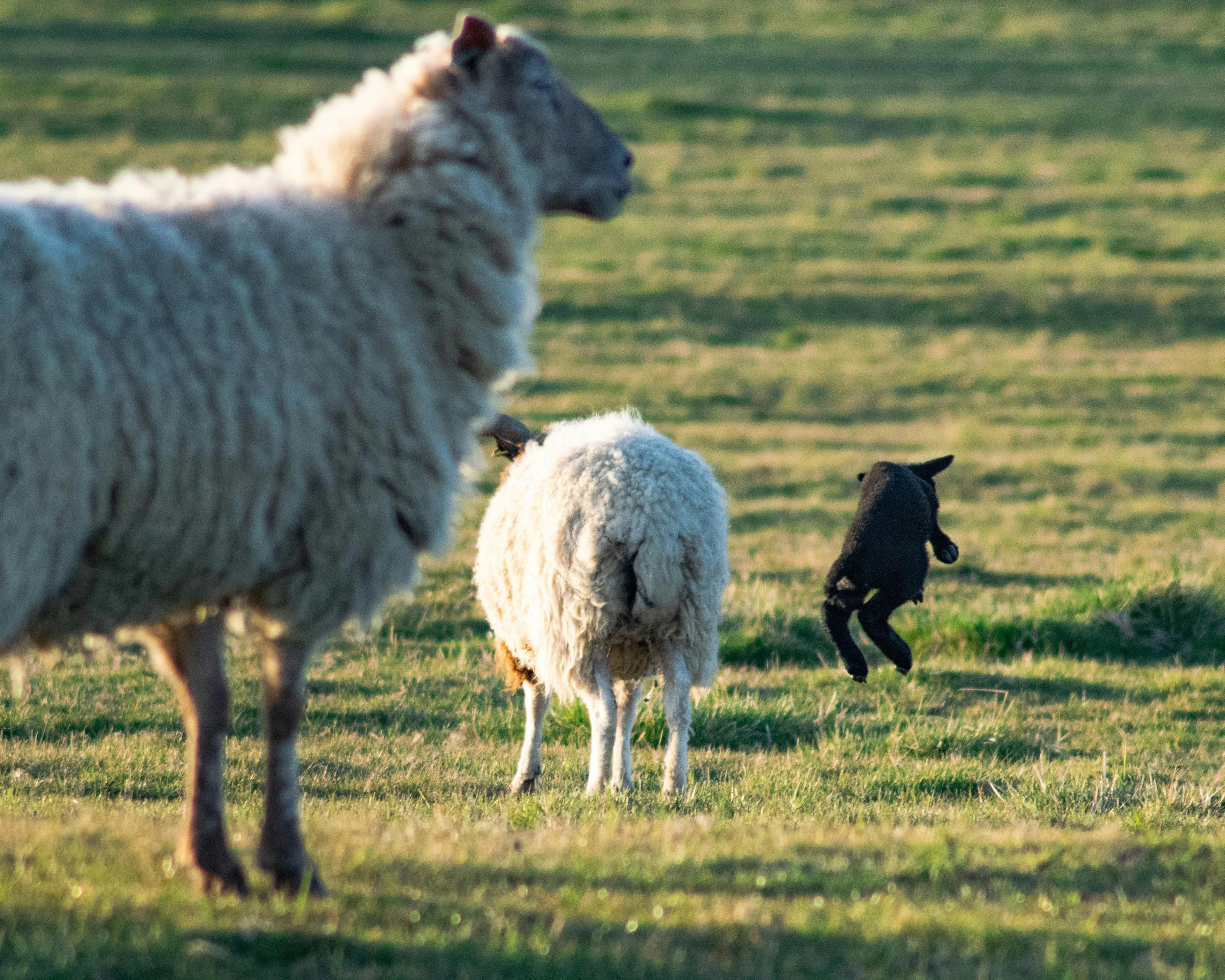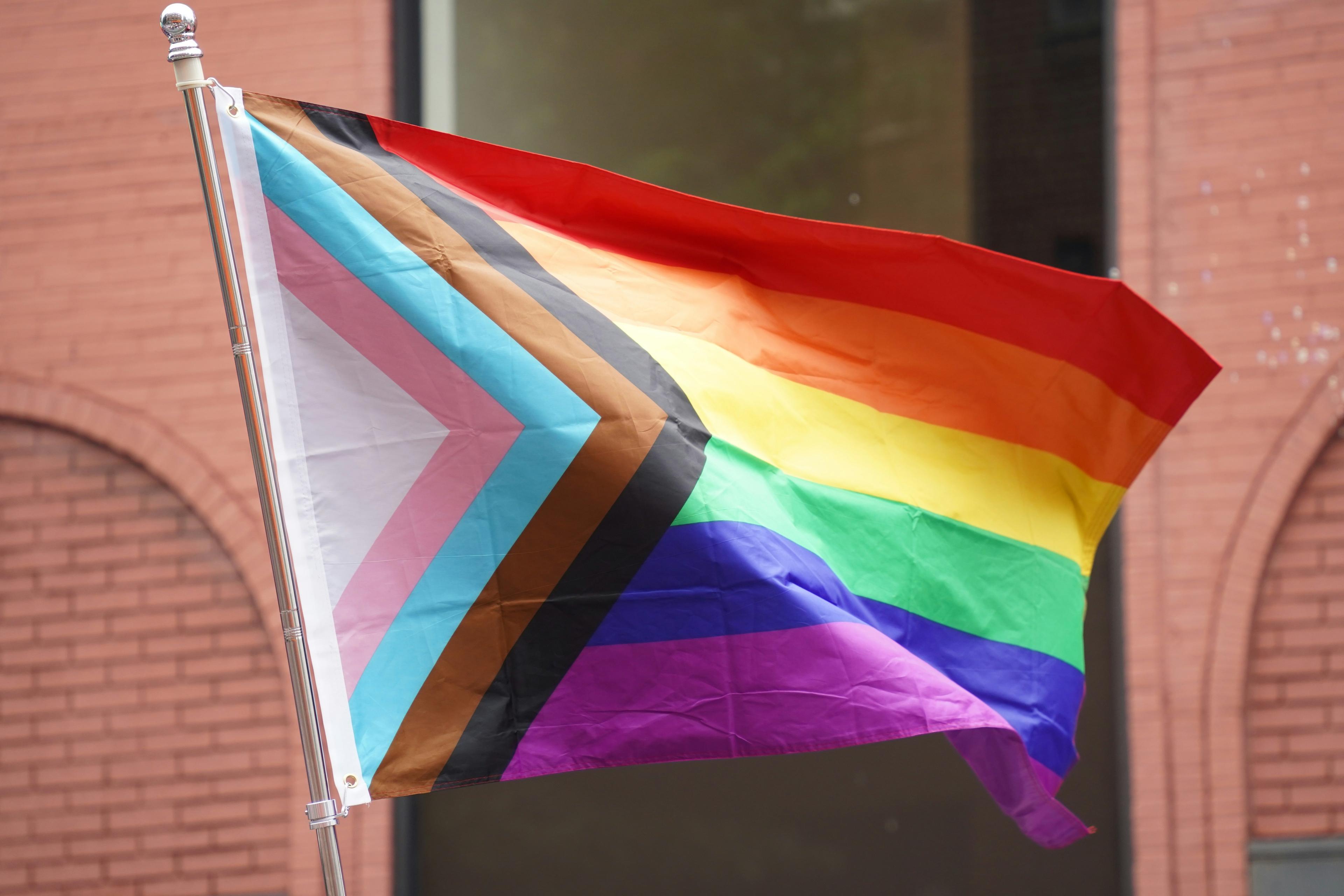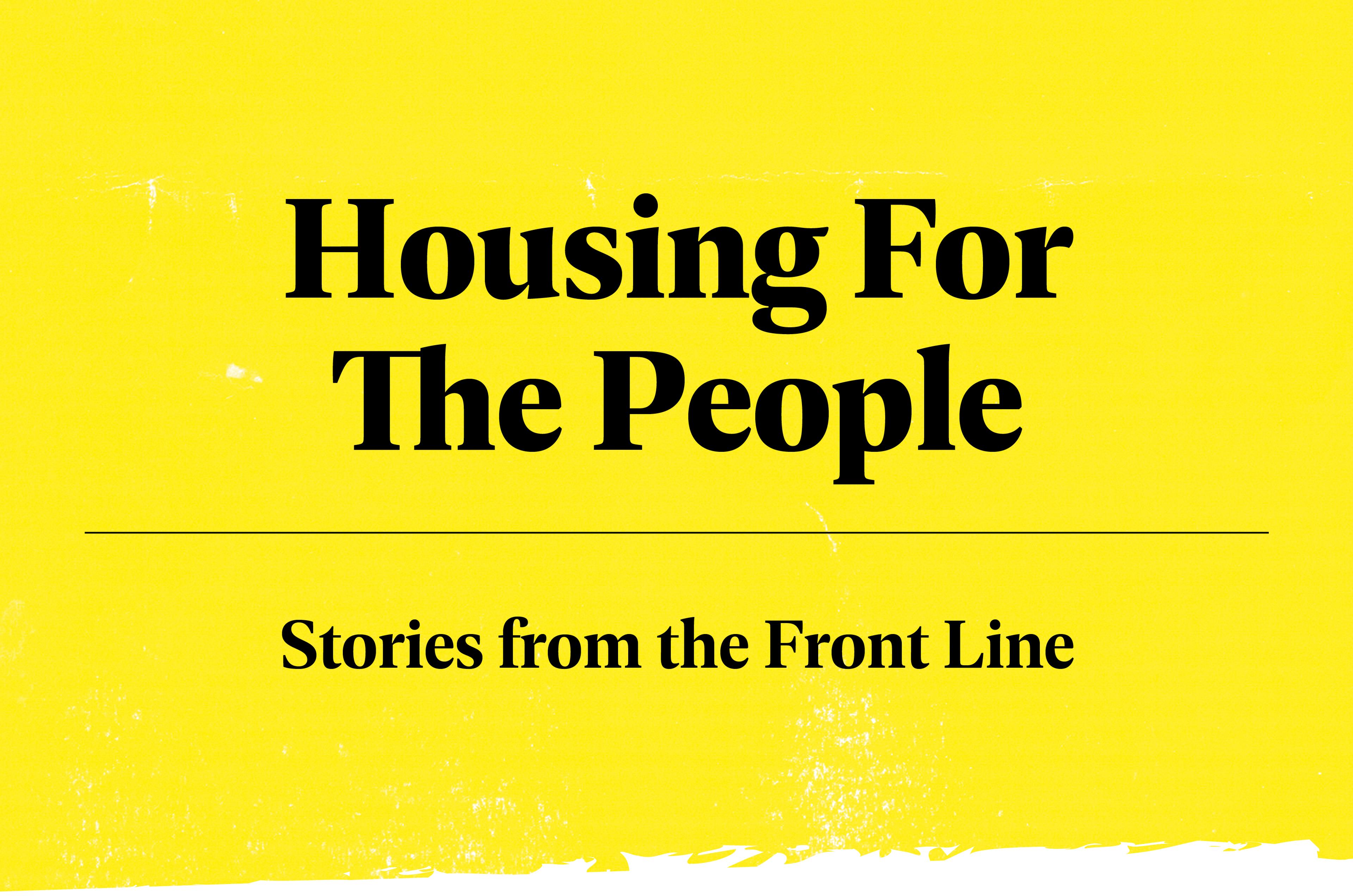SOS: The size of stigma

Photo by Jonathan Mabey
By NS
- Lived experience
The following article is part of INSP’s Changing the Narrative series. It has been written as the result of the new journalism training academy, established in 2025 by INSP to provide people with direct experience of homelessness and poverty the opportunity to learn about journalism and the media, and to enhance their storytelling and written abilities. The training academy has two ambitions: to challenge media and public misconceptions about homelessness; and to tackle the lack of representation and diversity in newsrooms. The training academy will run again in September 2025 in INSP’s hometown of Glasgow, Scotland.
I often wonder who else has experienced stigma? Stigma that comes as a result of bad experiences. Things like his/her fault stereotyping, generational and family problems, the Karpman drama triangle (a theory where destructive behaviour plays out between people), and last but not least, tall or small man syndrome.
From birth, I’ve suffered from all of the above. I obviously didn’t know that when I was young, but I learned it through time, that’s for sure. If you know a bit about any of what I’m describing, you will understand it, and if you don’t, I can tell you for sure that there are many such things doing the rounds within the family, friendships, relationships, places of work and society all around the world.
And this stuff is serious; it has long-term effects. I have been homeless, I have mental health issues, and I’m suffering financial strain (so is everyone else, I know – I’m not unique – but it still counts as a big issue in my life). I used to go and have fun with recreational drugs and alcohol to help me to avoid or block out memories, but eventually it all caught up with me, causing lasting effects to my mental and physical health.
My story also involves trauma from my childhood – I was always treated as the black sheep in my family. The trauma started in the house I grew up in: the house where you are supposed to feel safe, loved and protected, which I did at times, but it was the times when I didn’t feel safe, loved and protected that matter. It’s about all the times that I spent scared, hurting, crying – wondering why it was all my fault.
It’s all your fault; it’s all your fault. When the blows and the blame came down through the years, that’s what was said.
“What’s my fault?” I’d think to myself. I became numb to the physical pain, but not to the words – they really hurt. But why did they hurt so much, and why couldn’t I get them out of my head? What’s my fault, what’s my fault?
It turns out that being born was my fault. I love my family as family members should, but what if your family blames you for the family breaking up? That’s what happened to me, even though I was only a child.
And blame followed me. Even when I was out of the house and in the places that you’re supposed to get educated and learn from, I felt blamed. I also felt stigma – at children’s panels and in care homes. How can you expect a child to grow and thrive when the so-called mature people who expect respect are the very ones disrespecting and making judgements about you?
Most of that was simply because of my size. I’m 6’4” and reasonably well built, but what others see is a big guy or a “big yin”, as they say in Glasgow. People have often made instant judgements because of my size, but they don’t know me at all. Maybe, like me, that’s because they’ve had their own adverse childhood experiences (ACEs).
It wasn’t until I got into athletics and then football that I started to learn not to react to what I now know were triggers. I’d be triggered when certain people deliberately annoyed me or made me angry by talking about what I would be wearing or how I wasn’t good at anything. Then they would talk about my family (who started it all), and I would react.
More recently, I’ve been on my own road with recovery. That recovery didn’t start until I nearly became homeless. Losing everything was something that was very hard to deal with; in fact, I now realise that it was the hardest part of my life. But as a result of that happening, I can honestly say that my life has changed dramatically.
From using the services provided in recovery, and by working with other volunteers and people with similar experiences, I now find myself in the lucky position of becoming a trainee with the Scottish Drug Forum (SDF) for nine months, a role that I started in the summer of 2025.
I’m excited about the new role that I will play in the team. I look forward to continuing my own personal development and working on my wellbeing. I also want to keep on helping others as I was helped: the ripple effect, I call it.
Yes, it’s hard at times with all that goes on in my head – the professionals call it mental health, but for me, it’s all about emotions, so I’d prefer that it was called “emotional health”. When you are labelled with mental health issues, it just adds stigma, and people like me, black sheep people, really don’t need any more stigma in our lives.
So, if you’re one of us, then please reach out and talk to someone.

